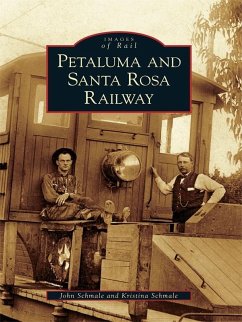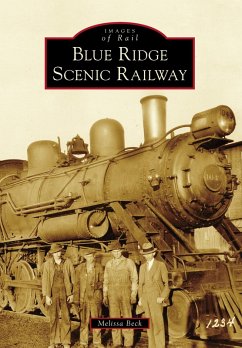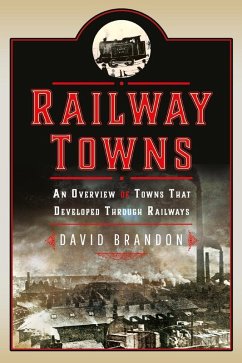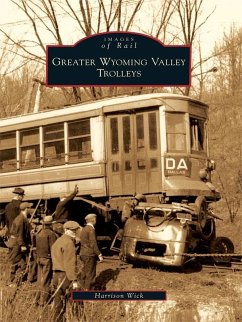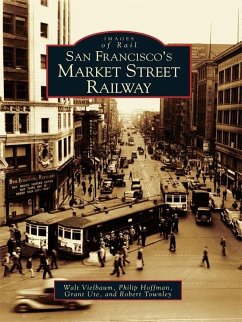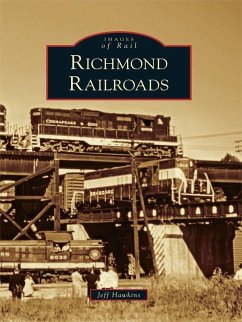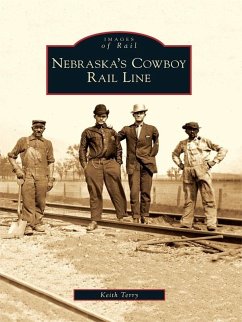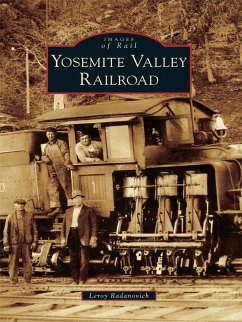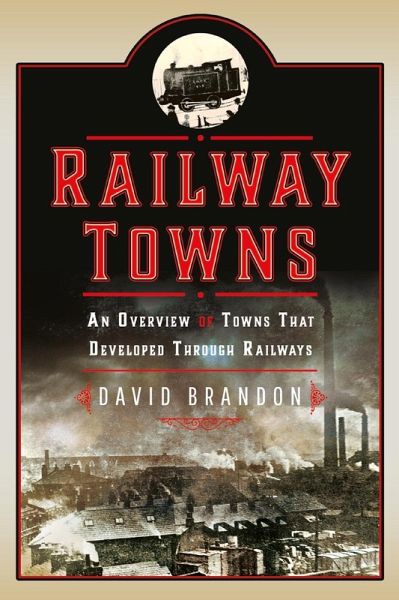
Railway Towns (eBook, ePUB)
An Overview of Towns That Developed Through Railways
Versandkostenfrei!
Sofort per Download lieferbar
8,95 €
inkl. MwSt.
Weitere Ausgaben:

PAYBACK Punkte
4 °P sammeln!
The railways changed the world. They initiated a revolution in communications which continues to this day, ever more profoundly influencing our lives. They had an enormous economic and social impact in Britain, not least with its demography. Before 1914 places on the railway system felt they were connected to the wider world. Those left off the system often feared for their future.It was never actually as simple as that. Some places well served by railways prospered, other did not. Some with minimal or no railway connections managed to sustain themselves successfully. Others became complex rai...
The railways changed the world. They initiated a revolution in communications which continues to this day, ever more profoundly influencing our lives. They had an enormous economic and social impact in Britain, not least with its demography. Before 1914 places on the railway system felt they were connected to the wider world. Those left off the system often feared for their future.It was never actually as simple as that. Some places well served by railways prospered, other did not. Some with minimal or no railway connections managed to sustain themselves successfully. Others became complex railway hubs, perhaps with railway-based engineering works, extensive shunting yards and warehouses and a large requirement for labour. Some companies built large numbers of dwellings for their workers and their families. Sometimes they even built churches and parks, for example.Places of this character have often been described as 'railway towns' but what is actually meant by this term?In a pioneering attempt in book form to move towards an understanding of what constitutes a railway town, the author considers a wide range of cities, towns, villages and other settlements and asks to what extent they owed their nineteenth and early twentieth century development to the railways.This book should appeal to students of railway history, British topography and the economic, social and cultural impact of railways.
Dieser Download kann aus rechtlichen Gründen nur mit Rechnungsadresse in A, B, BG, CY, CZ, D, DK, EW, E, FIN, F, GR, HR, H, IRL, I, LT, L, LR, M, NL, PL, P, R, S, SLO, SK ausgeliefert werden.




